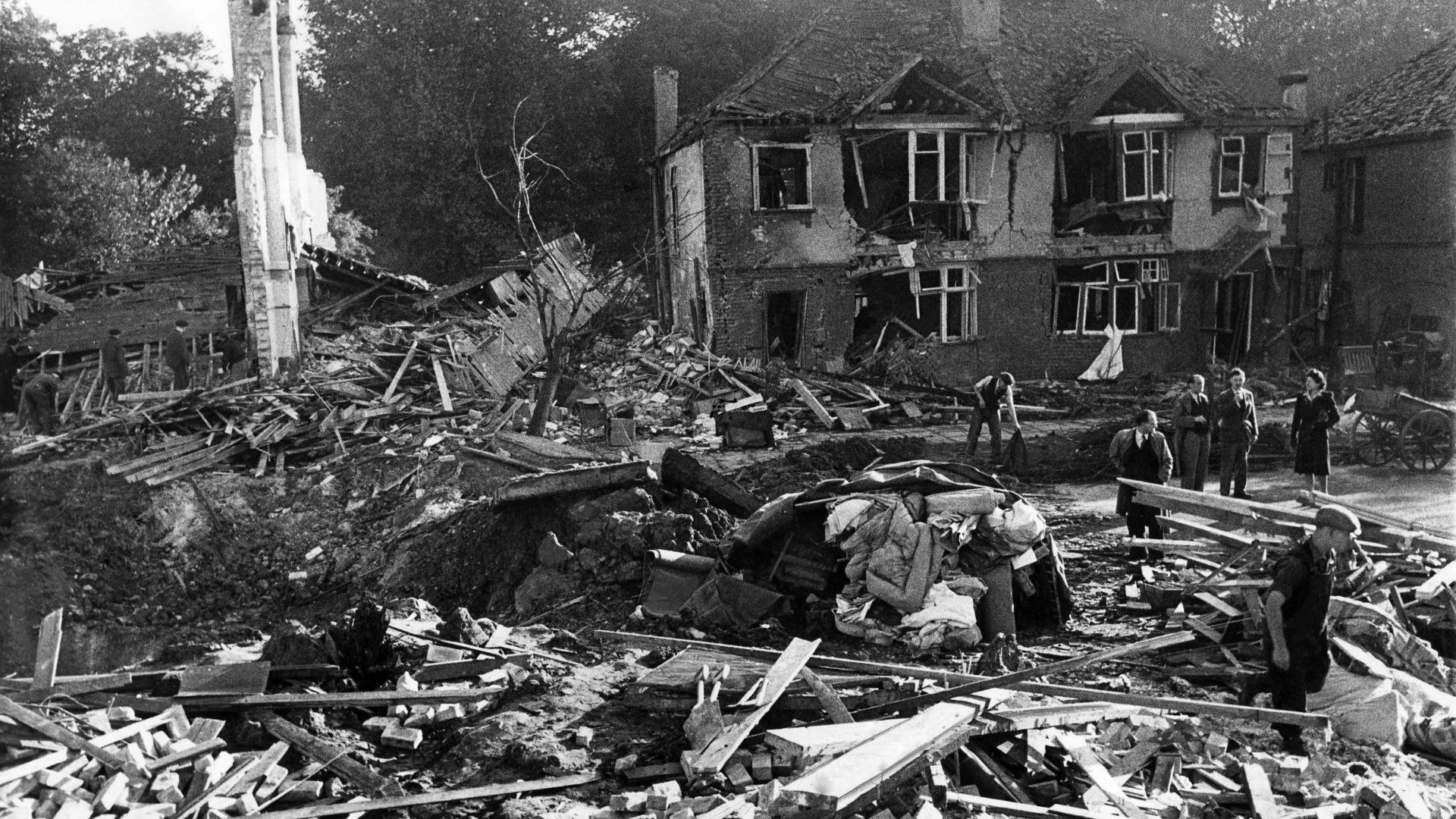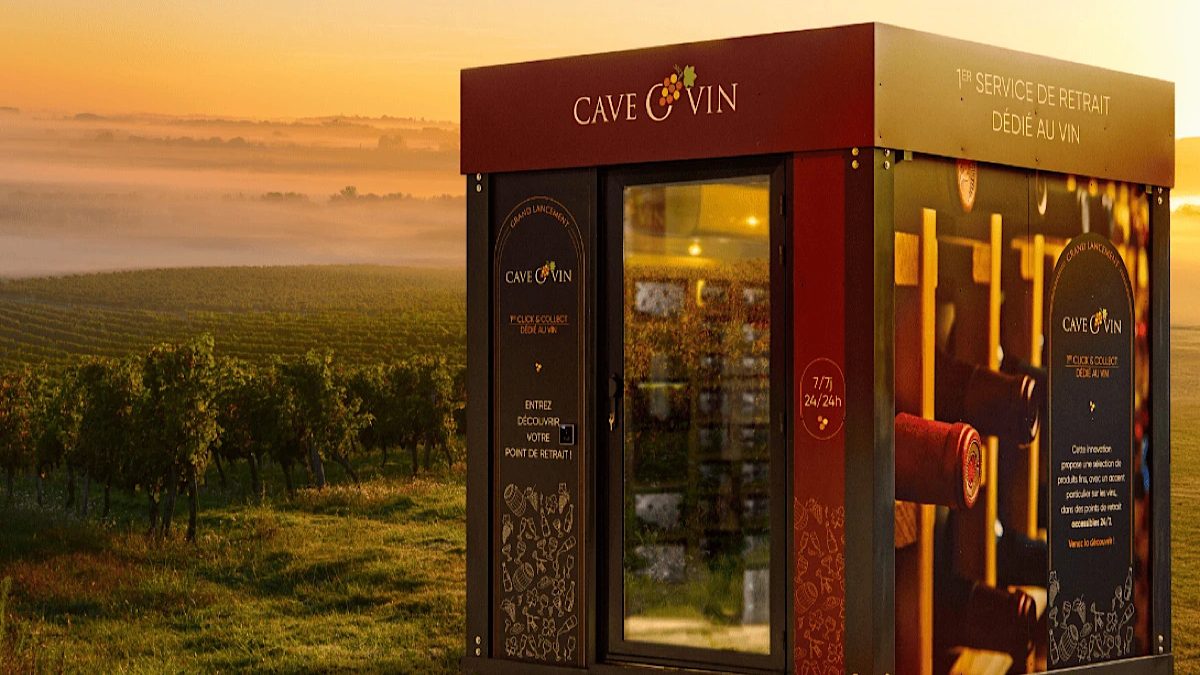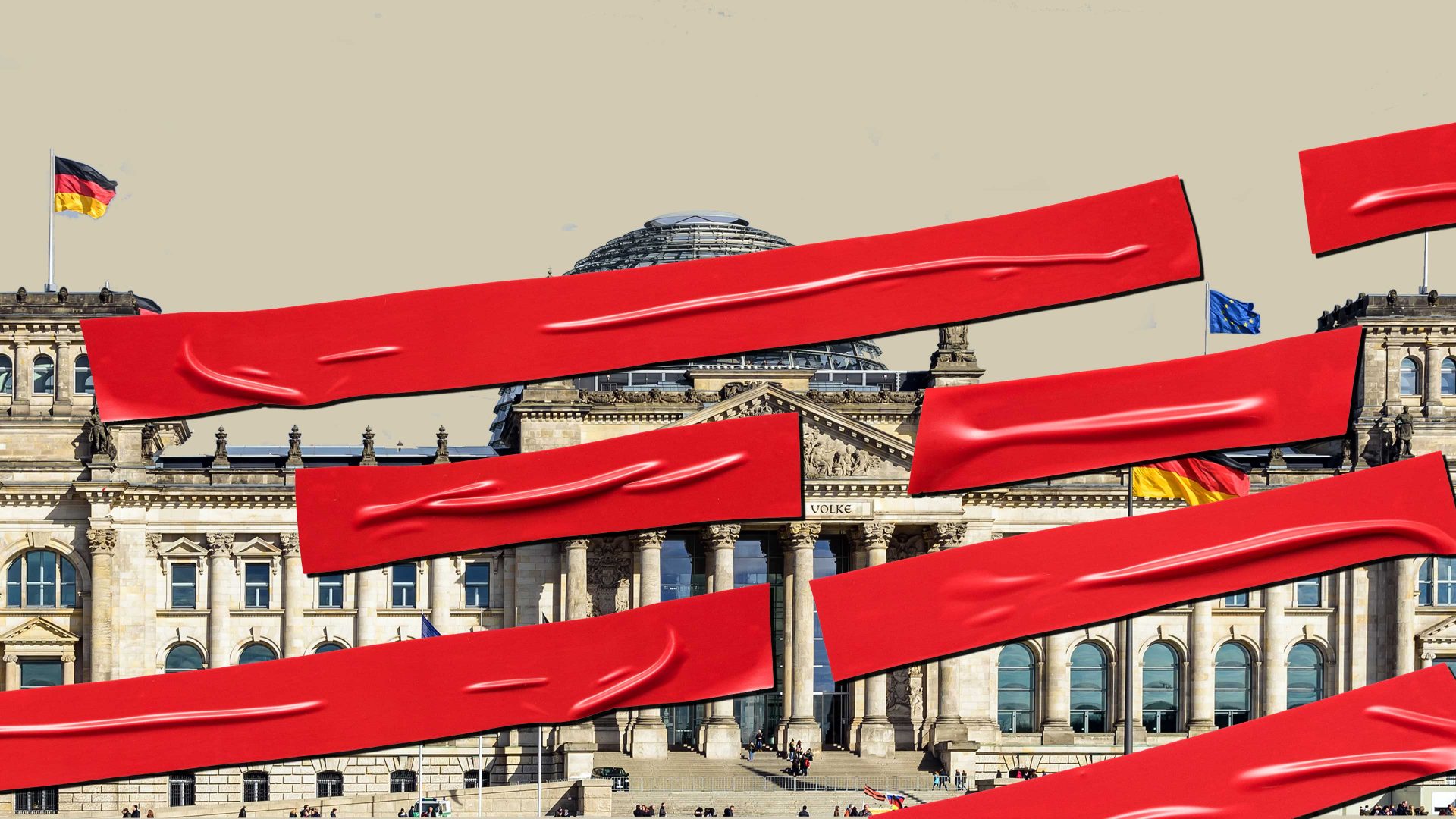The trees line Staveley Road neatly as rows of soldiers. This street in suburban west London is near where I live. It is somewhere where I walk from time to time, especially after watching the news.
I go to look at a small black monument, its squat shape and dark colour in contrast to the seasonal elegance of the blossom. It was here that the first V2 rocket – an early form of ballistic missile – hit the UK in September 1944. The second world war had entered its final months, and Hitler’s forces, probably knowing their cause was doomed, were still determined to strike London.
Far to the east, across a continent crushed by conflict, the armies of the Soviet Union were advancing. In May the following year, they raised the red flag in Berlin. Victory there was the Soviet Union’s greatest feat of arms, and one that is celebrated annually with ever greater fervour in a Russia led by Vladimir Putin. This year, Putin called a ceasefire in Ukraine, and invited president Xi Jinping of China to attend the parades in Moscow. Military units from allies including Serbia and Myanmar also participated.
“It is the Russian army that tore the guts out of the German military machine,” Churchill wrote to Stalin in the same month that the V2 struck Staveley Road. Some 27 million Soviet citizens were killed in the war. Yet the commemorative celebrations held in Russia in May took on a troubling association, for being orchestrated by a neo-imperialist Russia, ruled by a tyrant who has brought war back to Europe.
It was not always so. In 1995, on the 50th anniversary of the end of the war, Bill Clinton and other western leaders travelled to Moscow to join the celebrations. They came to mark not only victory in 1945, but also the end of the cold war. One of the foreign journalists covering the ceremonies, I chatted to Russian reporters of my generation about the way the war had loomed large in our childhoods. Though we were born long after it, older relatives remembered it. War films were frequent TV viewing, on both sides of the divided continent.
I watched as Soviet veterans – far greater in number then – marched proudly, and sadly, no doubt, as they remembered fallen friends. Their stories were still shocking. One ex-sailor I met was the only boy in his class who survived the war. The corridors of the colossal Soviet-era hotel where the veterans stayed were filled with the sound of clinking medals.
I was not in Red Square this year. Instead I was in Staveley Road. Three people were killed in that V2 strike. Rosemary Clarke was the youngest. She was three: the same age my mother was then. My mother lived until her 80s – a full life as a teacher, parent, and grandparent. Rosemary knew none of that. War doesn’t care.
The Russian foreign minister, Sergei Lavrov, has already criticised what he claims are western attempts to falsify history (usually a reference to comparisons between Soviet and German 20th-century totalitarianism). Today, more European history is happening than at any time since the end of the cold war.
In the age of drone warfare, people in Ukraine are living a higher-tech version of the terror that struck suburban London – they have also used that same technology to destroy Putin’s fleet of long-range bombers. Putin called this terrorism. But no amount of Kremlin propaganda or military pageantry can hide the fact that it is Russia that is trying to falsify the truth.
James Rodgers is the author of Assignment Moscow: Reporting on Russia from Lenin to Putin and a former BBC Moscow correspondent



